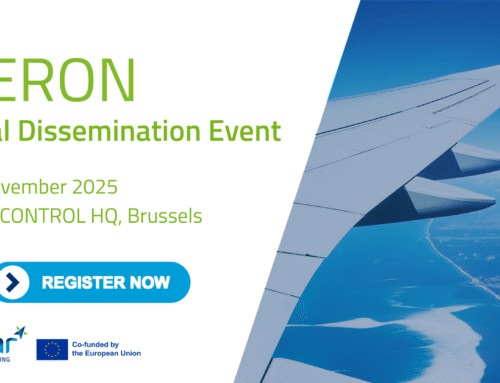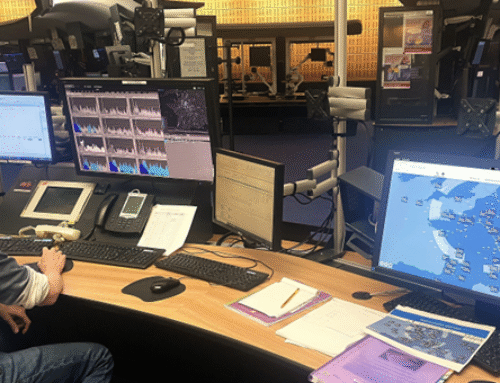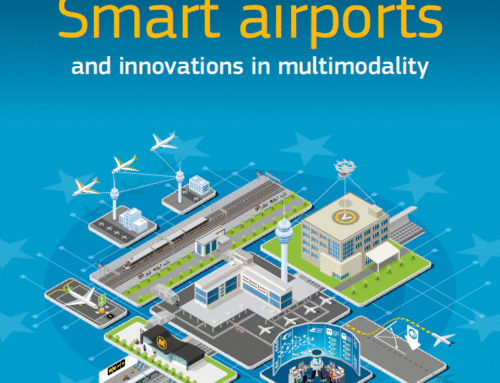In the framework of the HERON project, Work Package (WP) 3 “Performance and Benefits Assessment” led by Jean-Philippe Chapelle from AIRBUS plays a cross-cutting role, providing essential support across various assessment activities.
WP3 offers comprehensive assistance to its partners, guiding them through the selection and validation of performance assessment methodologies. This support spans from identifying appropriate indicators to ensuring that the results are meaningful and statistically robust. By doing so, WP3 enhances the overall assessment process, providing the technical expertise needed to validate the project’s performance outcomes.
Below, Jean-Philippe answers some questions on his team’s work.
Firstly, what achievements has your team accomplished in the last months?
Our main achievement is the delivery of the document: Benefits and Performance Assessment Methodologies. This document provides guidelines to partners on key indicators for their validation plans and the associated assessment methods. A particular focus is on fuel/CO2, a critical indicator for the HERON project, and using statistical methods to evaluate the representativeness of results.
What activities are currently underway in your working group, and what are the objectives behind them?
We are regularly collaborating with partners to understand their performance assessment needs. Our goal is to offer support in selecting appropriate assessment methods, validating those methods, interpreting statistical results, and conducting additional calculations using aircraft performance tools available in WP3.
In conclusion, what results do you expect from your WP in the near future?
We aim to finalize our understanding of the specific support required by each exercise. This will allow us to initiate the relevant activities needed to assist them.
Additionally, we plan to participate in the SESAR Innovation Days event. We will present a poster that showcases our methods for fuel/CO2 assessment, combined with statistical approaches.
By focusing on key indicators like fuel/CO2 and leveraging statistical methods, WP3 enhances the representativeness of outcomes, driving the project towards its objectives. Its transversal support continues to be a cornerstone for the successful validation of the project’s results.




